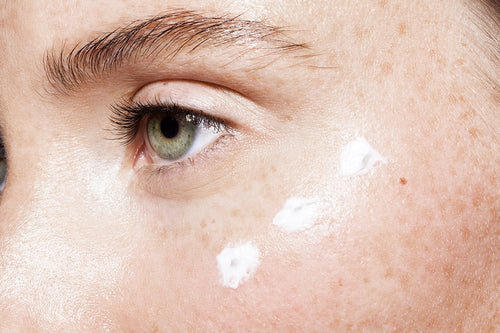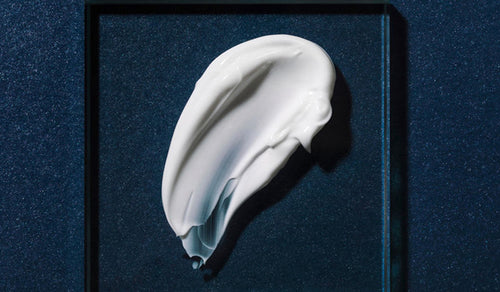Choosing the perfect sunscreen can be a tricky task. The many different brands, SPF levels, ingredients, etc., etc., can all feel a little overwhelming—but that doesn’t mean you should hold off on sun protection. The most important thing about sunscreen is that you’re wearing it! Sun exposure is a major cause of skin damage, whether it’s visible signs of aging or more dangerous consequences like melanoma. To help you navigate the sunscreen aisle, we put together a handy guide of important facts you should know before you make your next sunscreen purchase.
What’s the deal with SPF?
SPF, which stands for Sun Protection Factor, is the most obvious difference you see between different sunscreens, but there’s no need to head straight to the SPF 100. SPF 30 can block 97% of UVB rays, and that effectiveness only increases by 1 or 2% with higher SPFs. High SPF products can actually lead to more sun damage because people tend to over-rely on them by applying too little or not reapplying often enough. No matter how high your SPF is, you should be reapplying sunscreen every two hours and after swimming or excessive sweating. Dermatologists recommend an SPF of between 30 and 50 for all skin types.
Mineral sunscreen vs. chemical sunscreens
When it comes to the debate between mineral sunscreens and chemical sunscreens, we’re Team Mineral all the way. Certain chemical filters like Oxybenzone are damaging to marine life and the safety concerns don’t stop with coral. The FDA recently proposed that, we do not have adequate testing on chemical filters and that they should be further tested for safety. This proposal came at the heels of the discovery that chemicals in sunscreen absorb into your bloodstream and can remain there for seven days. This isn’t to say that all chemical sunscreens are unsafe, but we believe in erring on the side of caution. Why take the risk when mineral sunscreens are just as effective at shielding your skin?
Zinc oxide and titanium dioxide
Mineral sunscreens aren’t just effective, they also work quicker than chemical sunscreens. Also known as physical sunscreens, zinc oxide and titanium dioxide sit on top of your skin and scatter UV rays immediately. Chemical sunscreens need to absorb and bind to the skin for 20-30 minutes to be effective. Between zinc oxide and titanium dioxide, we prefer zinc oxide because it is full spectrum, meaning it blocks both UVA and UVB rays, while titanium dioxide does not block against all UVA rays.
Tips for applying mineral sunscreen
The one downside of physical sunscreens is that they can create a white cast on the skin because of the nature of zinc oxide and titanium dioxide. To avoid this, we recommend applying mineral sunscreen on well-exfoliated and-moisturized skin and then giving it a few minutes to absorb. Once the formula has absorbed, you can also follow up with foundation or a tinted powder (we love RMS Tinted “Un” Powder!) If you’re out in the sun for longer than two hours, reapply, reapply, reapply!
TM Skincare Safescreen Sunscreen
Equipped with all this sunscreen knowledge, we set out to create the cleanest, best mineral sunscreen on the market. Safescreen contains only zinc oxide and moisturizing botanical ingredients like jojoba oil and sunflower seed oil that help prevent a white cast—dry skin is not a friendly environment for zinc oxide application! It's great for sensitive or redness-prone skin and offers full-spectrum protection. Any sunscreen questions? Ask away below!


